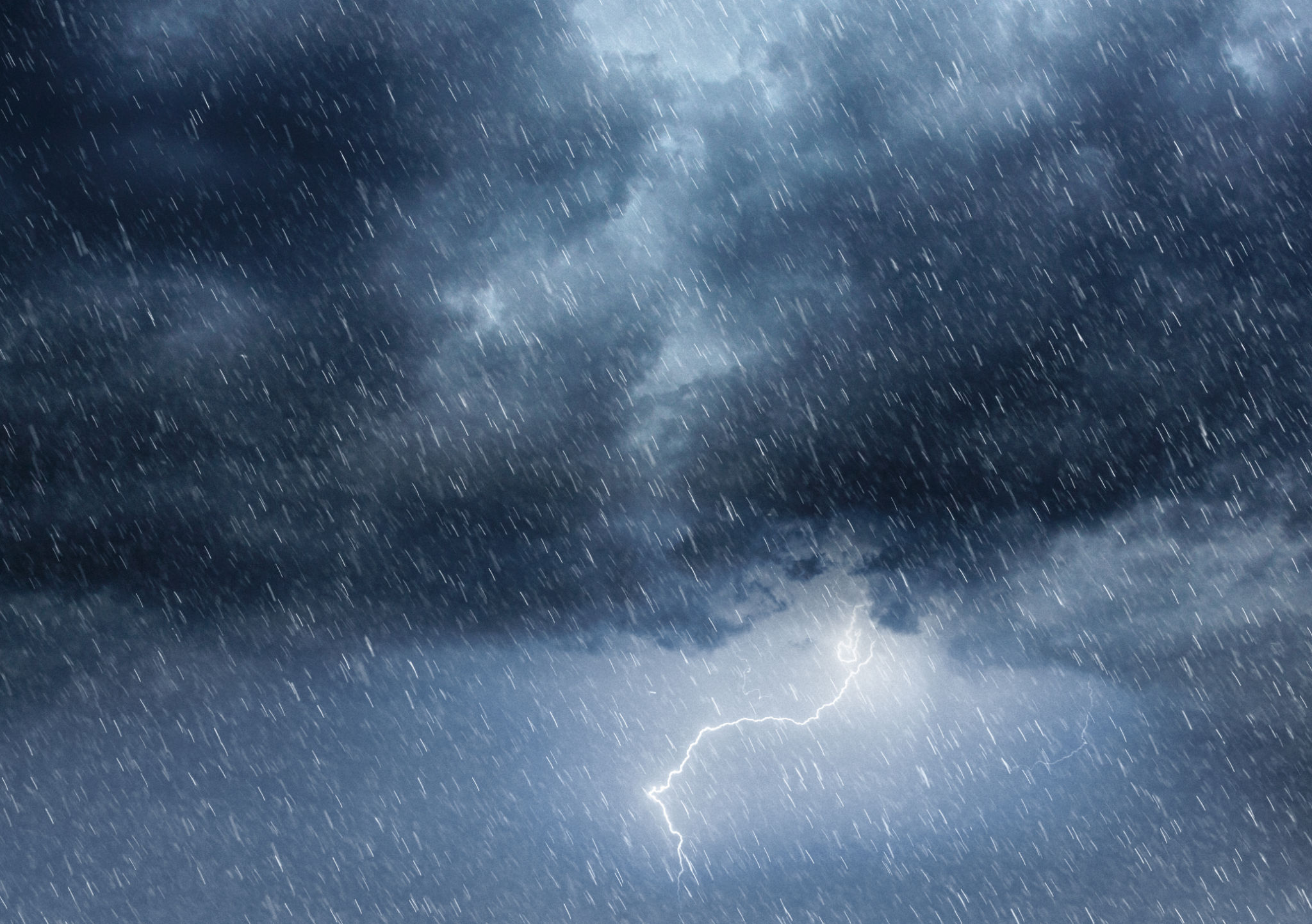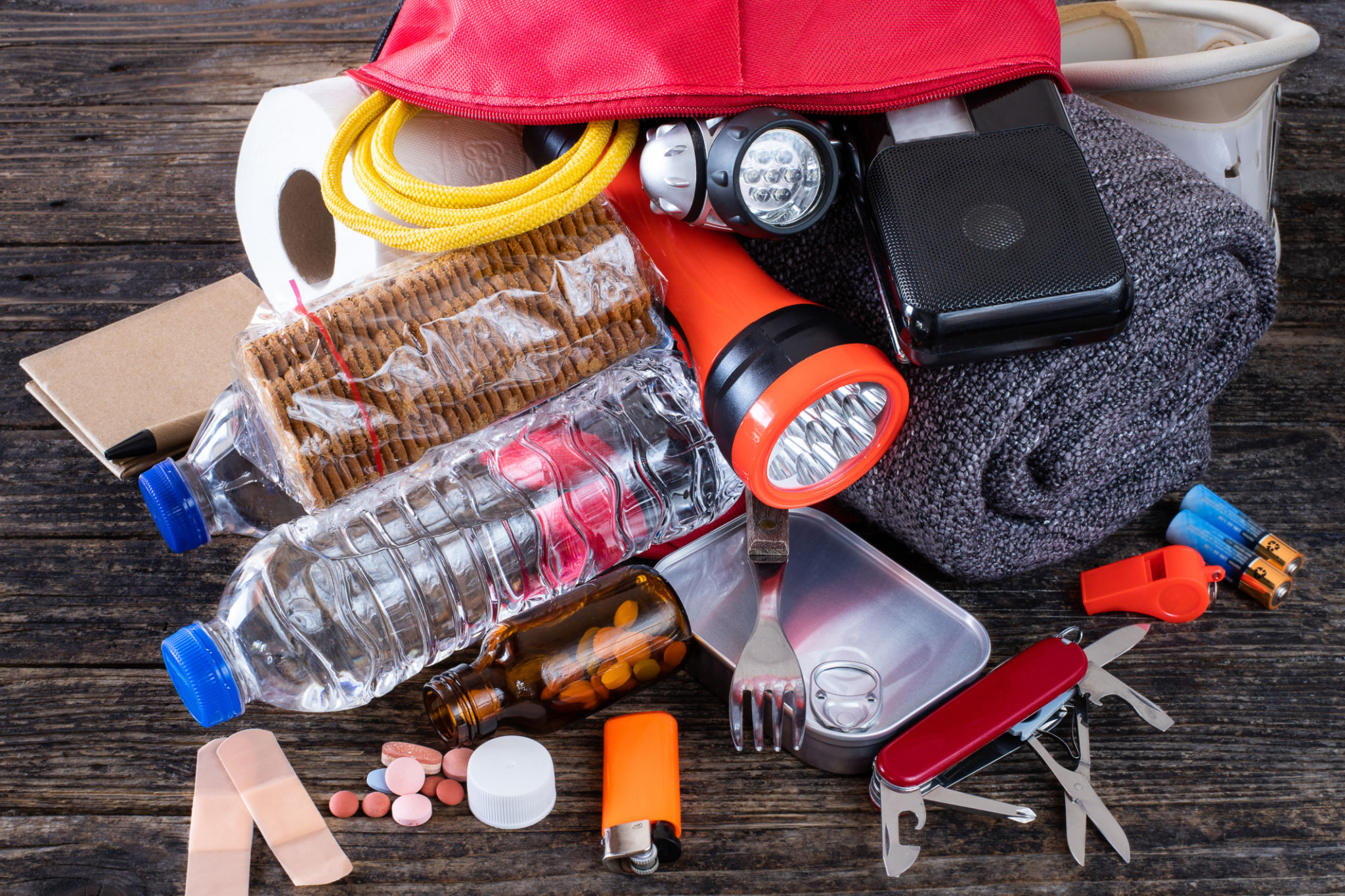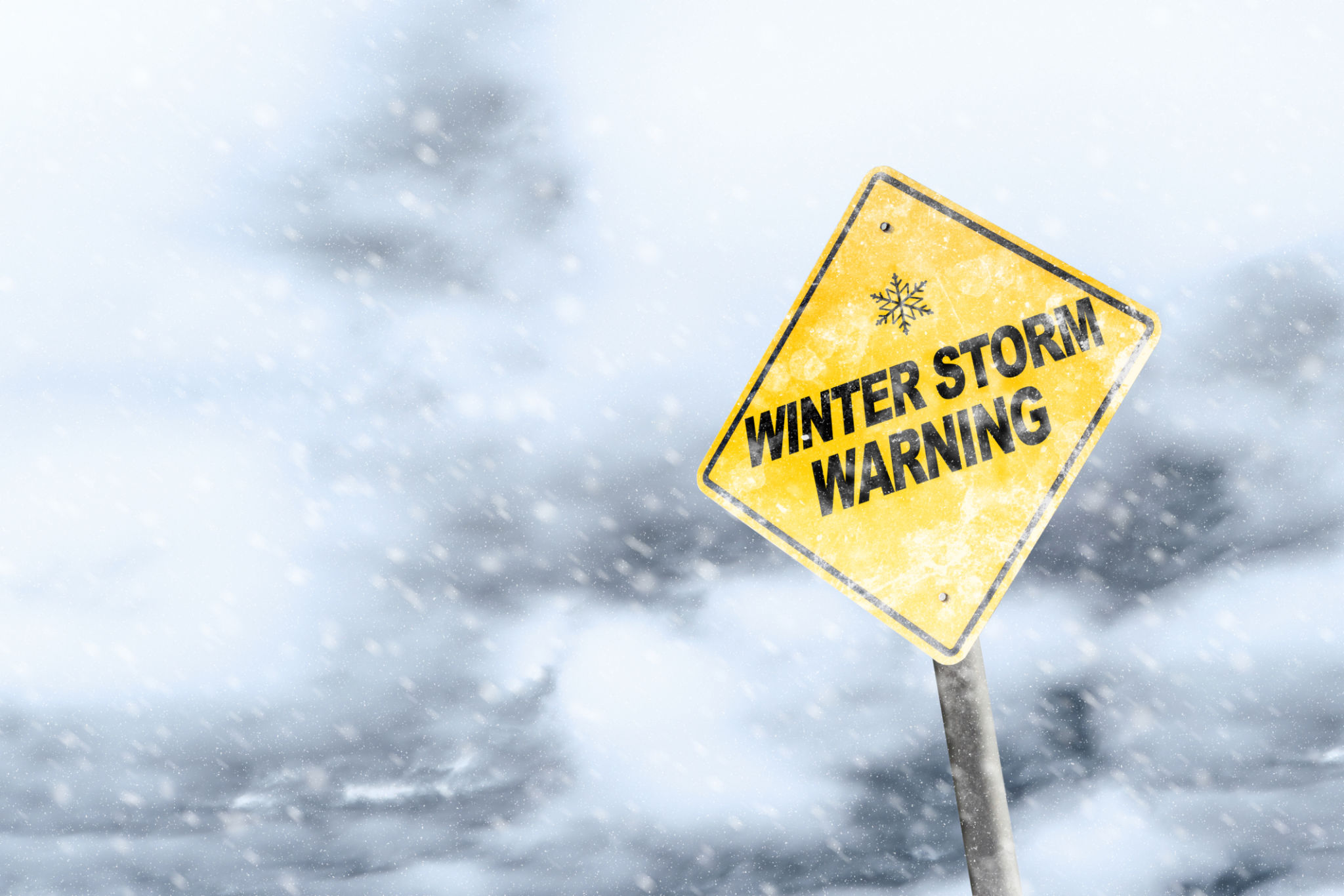Preparing for Hurricane Season: Community Safety Tips for Jacksonville Residents
Understanding Hurricane Season
As Jacksonville residents, we are no strangers to the challenges of hurricane season. Each year, from June through November, the Atlantic hurricane season poses potential threats to our community. It is crucial to be well-prepared and informed to ensure the safety of our families and property. By taking proactive steps, we can mitigate risks and enhance our resilience against these natural disasters.

Developing a Family Emergency Plan
The first step in hurricane preparedness is developing a comprehensive family emergency plan. This plan should include designated meeting spots, both indoors and outdoors, in case family members are separated. Discuss the evacuation routes and have a clear understanding of how to reach safety quickly. Ensure that each family member knows their role and responsibilities during an emergency.
Additionally, it's essential to create an emergency contact list with phone numbers of family, friends, and local emergency services. Keep this list accessible at all times. Regularly review and practice your emergency plan with all family members to ensure everyone is familiar with it.
Assembling an Emergency Kit
An emergency kit is a critical component of hurricane preparedness. This kit should contain essential supplies to last each family member for at least 72 hours. Include items such as:
- Non-perishable food and water (one gallon per person per day)
- Flashlights and extra batteries
- First-aid supplies
- Medications and medical supplies
- Personal hygiene items
- Important documents sealed in waterproof bags

Securing Your Home and Property
Before a hurricane strikes, it's important to secure your home and property to minimize damage. Trim trees and shrubs around your property to prevent branches from causing damage during high winds. Reinforce windows and doors with storm shutters or plywood, and secure any loose outdoor items that could become projectiles.
Consider investing in a generator to maintain power during outages. Ensure your home insurance policy is up-to-date and covers potential hurricane-related damages. Taking these precautions can help protect your property and reduce recovery time after a storm.
Staying Informed and Connected
During hurricane season, staying informed is vital. Regularly check updates from reliable sources such as the National Hurricane Center and local news outlets. Sign up for emergency alerts from local authorities to receive real-time information about approaching storms and evacuation orders.

Social media can also be a valuable tool for staying connected with your community. Follow local government agencies and emergency services for updates and advice. However, always verify information from official sources to avoid misinformation.
Community Involvement and Support
Community involvement plays a significant role in hurricane preparedness. Join local neighborhood groups or community organizations focused on disaster readiness. These groups often offer resources, workshops, and support systems that can be invaluable during emergencies.
Volunteering in community preparedness initiatives not only helps others but also strengthens your understanding of emergency protocols. Working together as a community can foster resilience and provide mutual support when it is needed the most.
Conclusion
Preparing for hurricane season is a shared responsibility that involves planning, prevention, and community collaboration. By taking proactive measures, Jacksonville residents can safeguard themselves and their families against the impacts of hurricanes. Remember, early preparation is key to weathering the storm safely. Stay informed, stay prepared, and stay safe.
